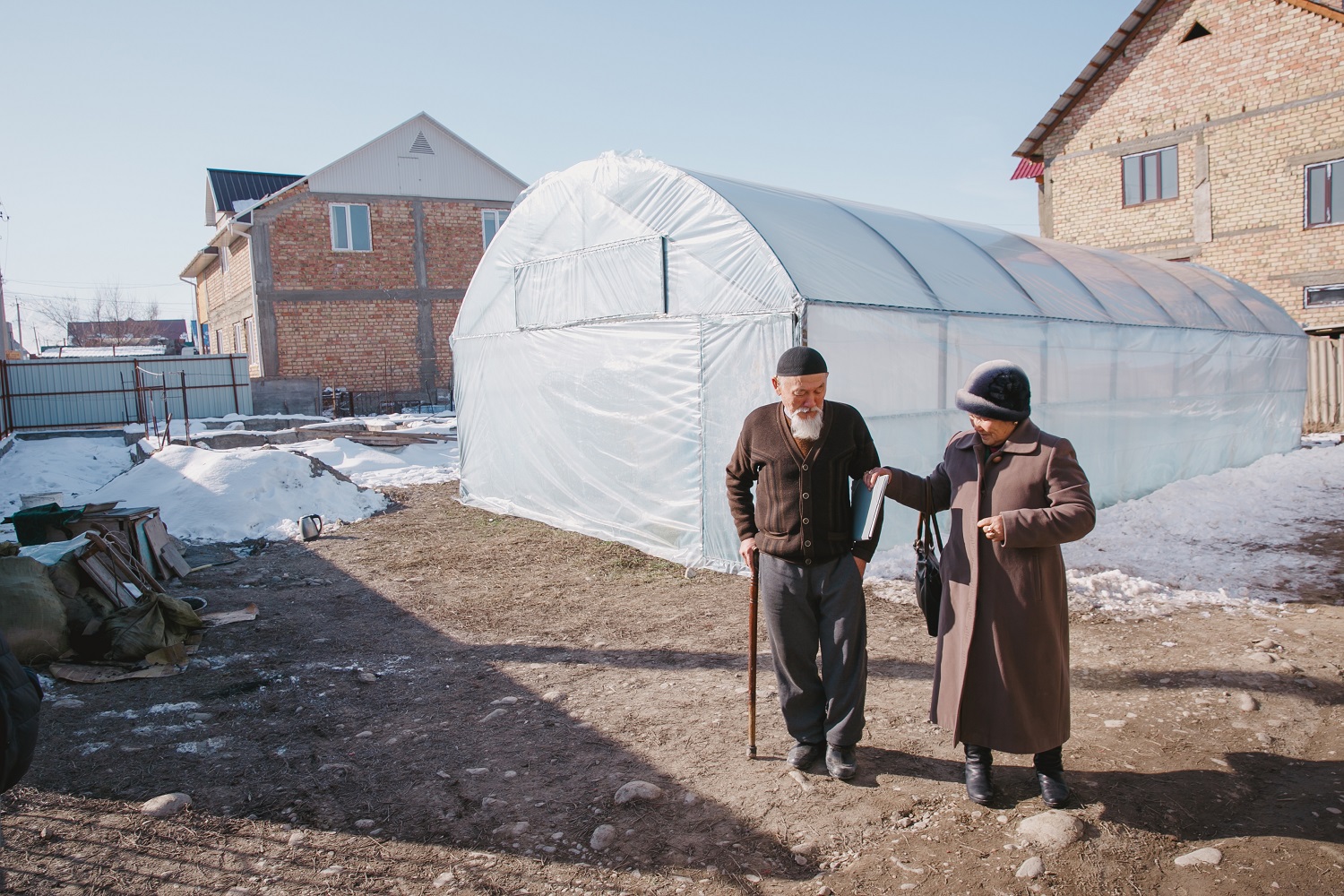
There’s just over a month to go until the eighth Open-ended Working Group on Ageing at the United Nations in New York. Member states will discuss older people’s rights to autonomy and independence, as well as long-term care and palliative care, and how they should be incorporated into a new international legal instrument on older people’s rights.
“[Independence] means that other people cannot decide how I use my property or income, who I socialise with, and where and when I choose to go” – 80-year-old man in Serbia
We must make sure that older people’s voices are heard in these discussions. And we must make the case that a convention on the rights of older people is the best way to protect and clearly articulate how rights apply in older age.
So, this Friday (15 June) – World Elder Abuse Awareness day – Age Demands Action campaigners in 47 countries are calling on their governments to stand up for older people at the UN.
It is vital that governments from around the world make the effort to attend and contribute to the discussions. They must ensure older women’s and men’s voices are included in their contributions so that any new instrument reflects the diversity of older people’s experiences.
We should all have the freedom to decide for ourselves
All of us should have the right to make decisions and live our lives according to our own values and preferences. Yet, in our Freedom to decide for ourselves report, published in March, older people reported that they lost these rights as they got older. They told us how:
- they are not able to make their own decisions in many areas of their lives, including finance, employment, property, who to vote for, where and with whom to live, access to health services, family life and how they participate in society
- different people interfere with their autonomy, including government and local authorities, local leaders, service providers and family members
- deterioration in health and income results in their dependency on other people.
“Nowadays my children and younger villagers don’t see my worth any more. They make decisions without me participating. They can decide to sell some of my property without telling me” – 81-year-old man in Tanzania
Kick-starting the debate: World Health Day
Back in April on World Health Day, campaigners in 40 countries ensured their voices were heard on the lack of access to long-term care and support services and palliative care in their respective countries – kickstarting campaigns to call on governments to attend the OEWG.
Many campaigners used the findings from Freedom to decide for ourselves in awareness-raising workshops to mobilise other older people into action. And many held consultations of their own.
In the Philippines, most older people who were consulted said no long-term care and support services were available in their communities and they had to rely on the support of friends, family and neighbours – and some had not heard of these types of services at all.
Older people in other countries including Mongolia, Rwanda and Uganda, echoed this by saying services were either non-existent or only available to those who could afford to pay.
What’s next?
Capitalising on their efforts in April, campaigners are organising meetings with their governments and national human rights institutions in the days around World Elder Abuse Awareness Day. They will discuss their experiences of the denial of autonomy and independence, and call on their governments to attend the OEWG. These three-way discussions bring together those most affected, those with a human rights mandate and the relevant expertise, and those in the positon to secure a convention on the rights of older people.
We wish the best of luck to all our campaigners on World Elder Abuse Awareness Day! Together we can influence government decisions and change attitudes of wider society to recognise that older people are rights holders.
Support campaigners on World Elder Abuse Awareness Day by sharing our Freedom to decide for ourselves report (available in English, Spanish, Russian and Arabic) and get tweeting with the hashtag #WEAAD to help us amplify older people’s voices.
